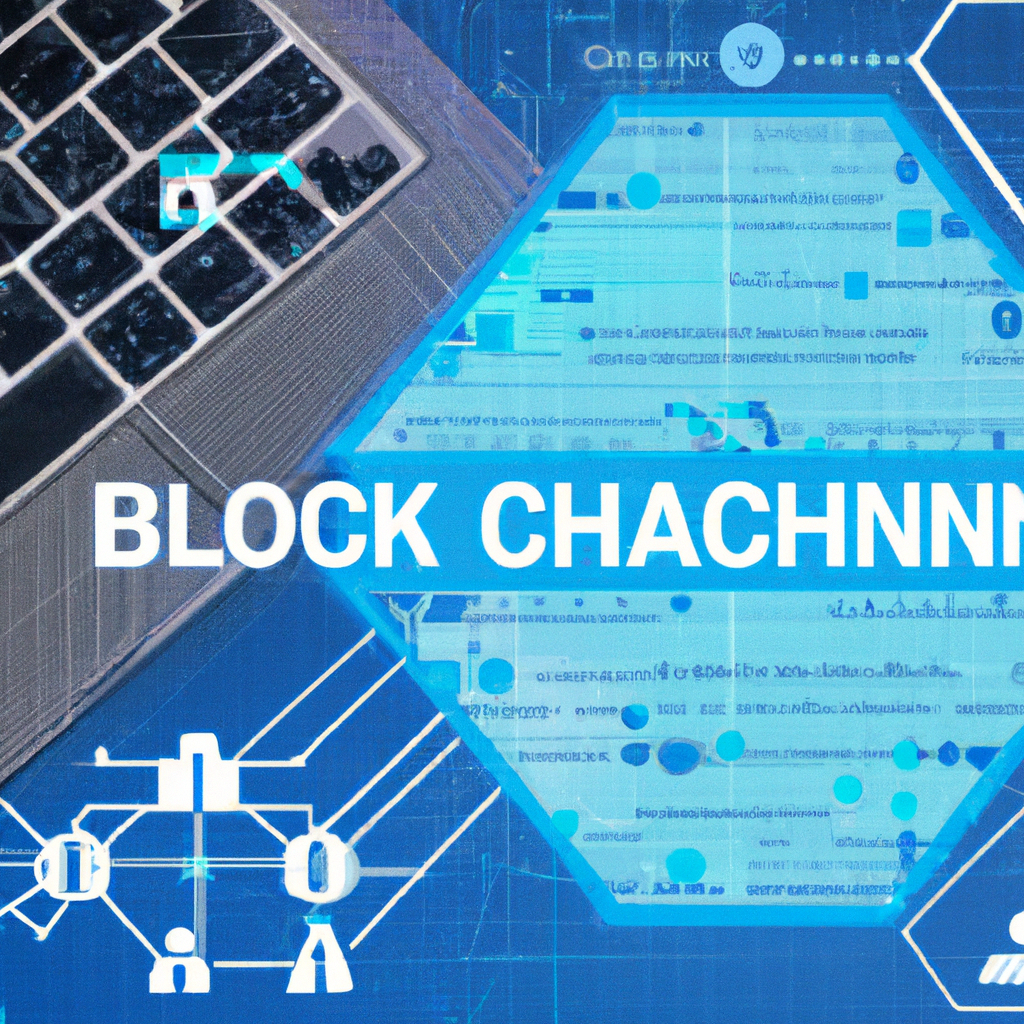Blockchain Technology Developments
Introduction
Blockchain technology has emerged as a revolutionary concept that has the potential to transform various industries. Initially introduced as the underlying technology behind Bitcoin, blockchain has evolved significantly over the years. This article explores the latest developments in blockchain technology and their potential implications.
1. Interoperability and Scalability
Blockchain technology has faced challenges with interoperability and scalability. However, recent developments have focused on addressing these concerns. Interoperability solutions aim to enable different blockchain networks to communicate with each other seamlessly. This would facilitate the exchange of data and assets across multiple blockchain platforms. Scalability improvements, on the other hand, aim to enhance the transaction processing capacity of blockchain networks, allowing for faster and more efficient transactions.
2. Smart Contracts and Decentralized Applications (DApps)
Smart contracts, which are self-executing contracts with predefined rules, have been a cornerstone of blockchain technology. Recent developments have focused on enhancing the capabilities of smart contracts, making them more versatile and secure. Additionally, the rise of decentralized applications (DApps) has gained significant momentum. DApps leverage blockchain technology to provide decentralized alternatives to traditional centralized applications, offering increased transparency, security, and user control.
3. Privacy and Confidentiality
Privacy and confidentiality have been areas of concern in blockchain technology. While the technology inherently offers transparency, recent developments have focused on incorporating privacy features. Zero-knowledge proofs, for example, allow transactions to be verified without revealing sensitive information. Additionally, advancements in encryption techniques and privacy-focused blockchains have aimed to enhance the confidentiality of transactions and user data.
4. Blockchain in Supply Chain and Logistics
The supply chain and logistics industry has recognized the potential of blockchain technology to improve transparency, traceability, and efficiency. Recent developments in this sector have focused on integrating blockchain solutions to track and authenticate goods, optimize supply chain processes, and reduce fraud and counterfeiting. Blockchain-based systems enable real-time visibility into the movement of goods, ensuring trust and accountability among stakeholders.
5. Blockchain in Finance and Banking
The financial sector has been at the forefront of blockchain technology adoption. Developments in this domain have focused on utilizing blockchain for various financial applications, including cross-border payments, remittances, asset tokenization, and decentralized finance (DeFi). Blockchain-based solutions offer faster, more secure, and cost-effective transactions, eliminating intermediaries and streamlining financial processes.
Conclusion
Blockchain technology continues to evolve rapidly, with numerous developments shaping its future applications. Interoperability, scalability, smart contracts, privacy, supply chain, and finance are just a few areas witnessing significant advancements. As blockchain technology matures, its potential to revolutionize industries and drive innovation becomes increasingly evident. Embracing these developments will be crucial for organizations and individuals seeking to leverage the benefits of blockchain in the digital era.
